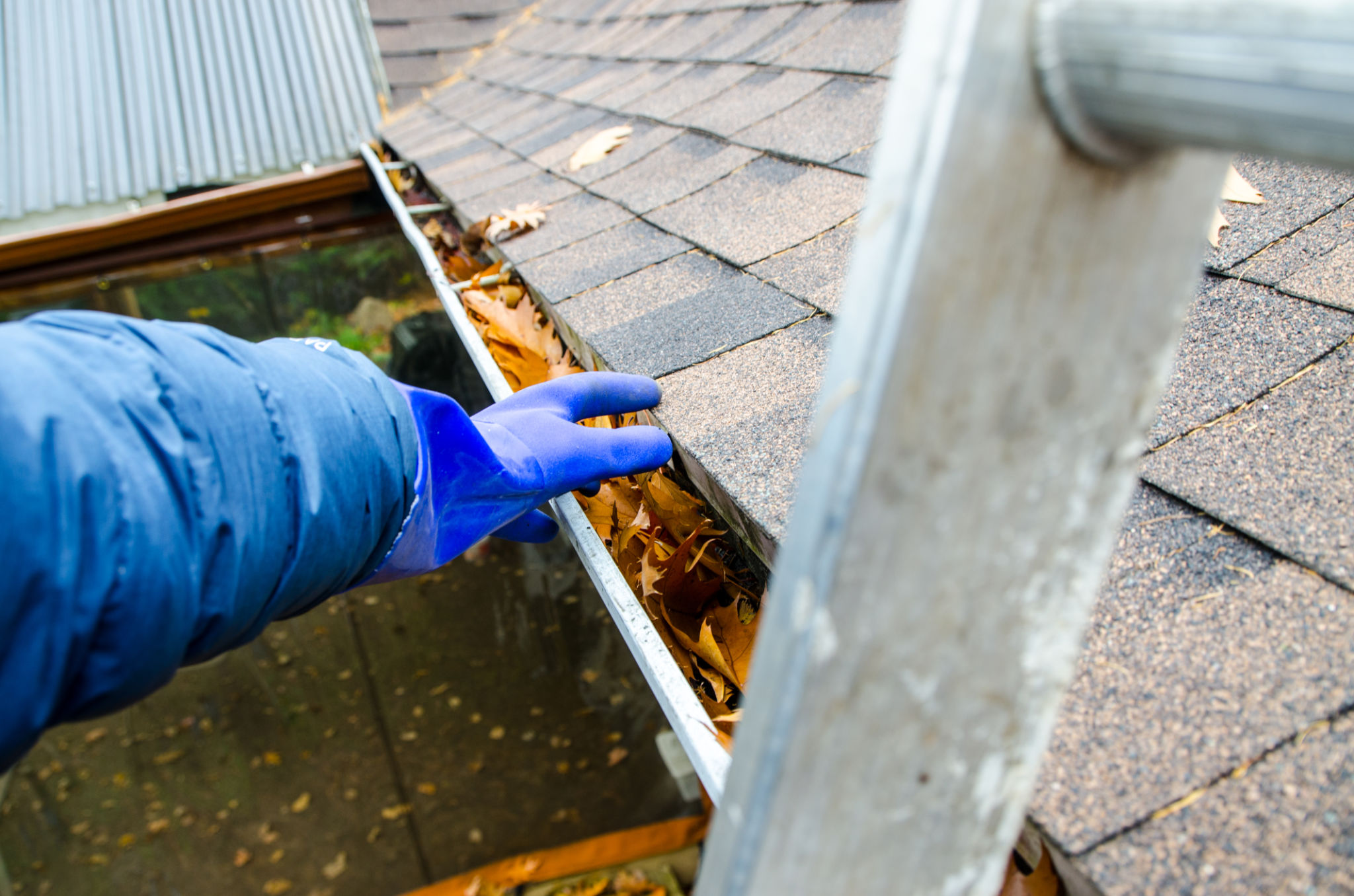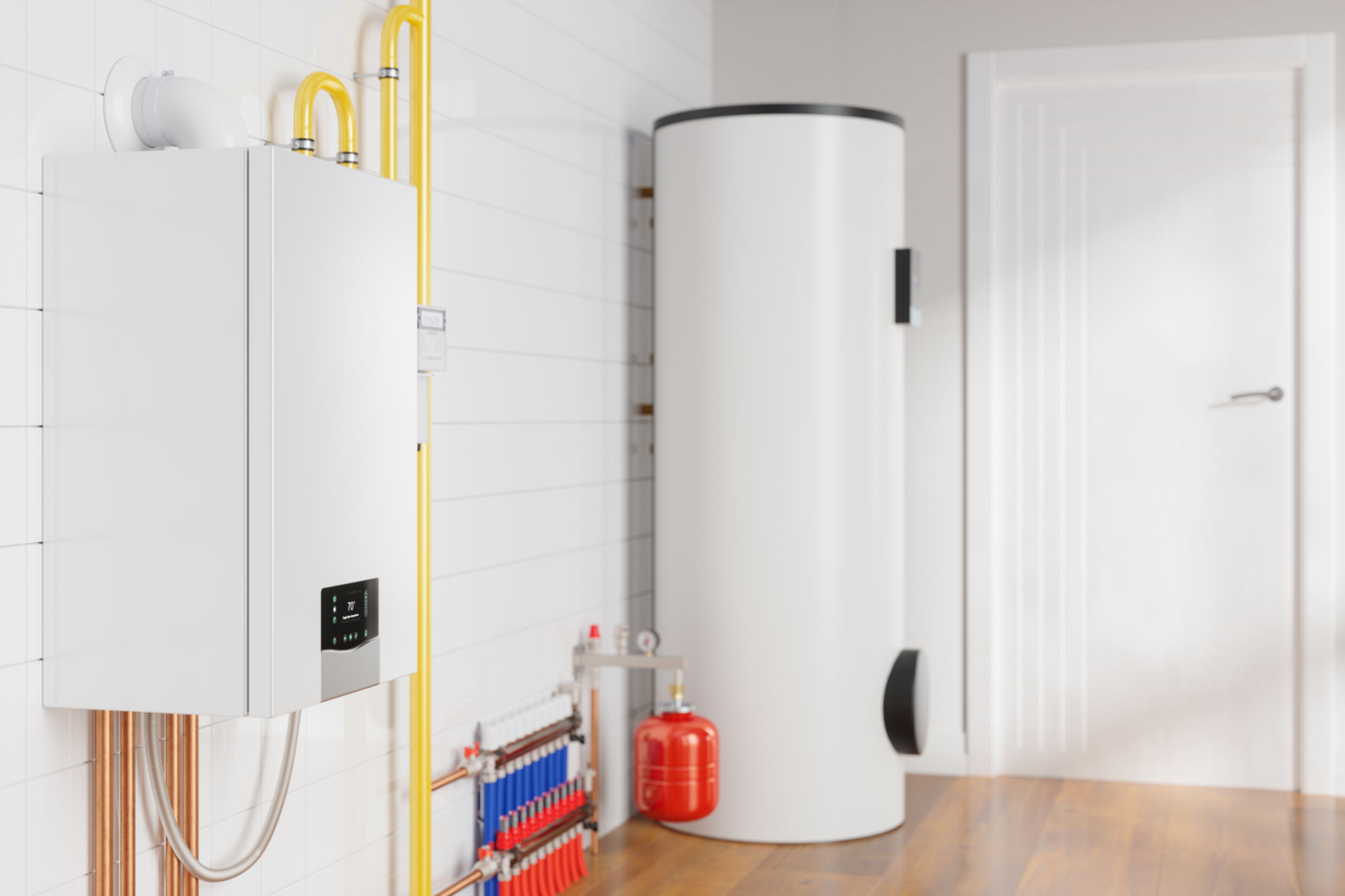Preparing Your Georgetown Home for Winter: A Handyman's Guide
MS
Inspect and Clean Gutters
As the leaves begin to fall, it's essential to ensure your gutters are clear of debris. Clogged gutters can lead to water damage and ice dams during the winter months. Regularly inspect and clean your gutters to prevent these issues. A simple cleaning every few weeks can make a significant difference in maintaining your home's exterior.
When cleaning, make sure to remove leaves, twigs, and any other debris that might obstruct water flow. Consider installing gutter guards to reduce the amount of maintenance needed in the future.

Seal Windows and Doors
Drafty windows and doors can significantly impact your home's energy efficiency, leading to higher heating bills. To prevent this, inspect all the windows and doors for any gaps or leaks. Use weatherstripping or caulking to seal these areas effectively.
For older windows, consider using window insulation film. This is an affordable option that can help retain heat within your home. Additionally, adding thick curtains can provide an extra layer of insulation.

Check Heating Systems
Your heating system is crucial during the winter months, so ensuring it's in optimal condition is imperative. Schedule a professional inspection and servicing for your furnace or boiler. This will not only improve efficiency but also extend the life of your heating system.
Remember to replace or clean the filters regularly. Dirty filters can reduce the system's efficiency and affect indoor air quality. If you use a fireplace, ensure the chimney is clean and free from obstructions.

Insulate Pipes
Frozen pipes can cause significant damage to your home. To prevent this, insulate any exposed pipes in unheated areas such as basements, attics, or garages. Pipe insulation sleeves are an effective and affordable solution.
In addition, keep your home at a consistent temperature, even when you're not there, to minimize the risk of freezing pipes. During extreme cold spells, consider letting faucets drip slightly to keep water moving through the system.
Prepare Outdoor Spaces
Don't overlook your outdoor areas when preparing for winter. Store away garden hoses, patio furniture, and any other items that could be damaged by harsh weather conditions. Drain water from outdoor faucets and sprinkler systems to prevent freezing and potential damage.
Inspect walkways and driveways for any cracks or damage. Repairing these before winter arrives can prevent them from worsening due to freeze-thaw cycles.

Test Smoke and Carbon Monoxide Detectors
Winter often means more time indoors and increased use of heating systems, so it's vital to ensure your smoke and carbon monoxide detectors are working correctly. Test each device and replace batteries if necessary. These detectors are your first line of defense against potentially life-threatening situations.
Consider installing additional detectors if you have expanded or renovated your home recently. Safety should always be a top priority during the colder months.